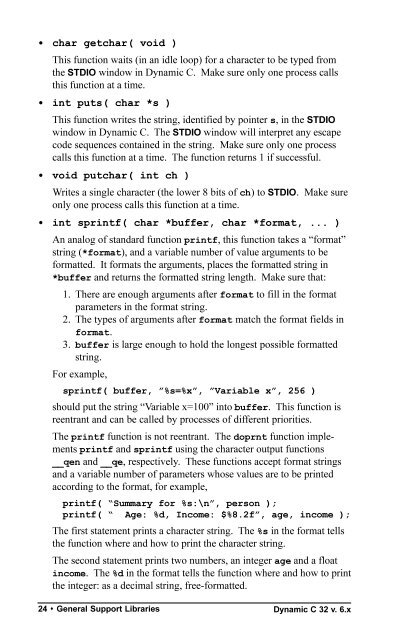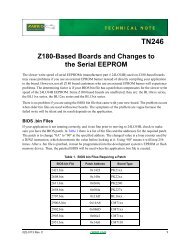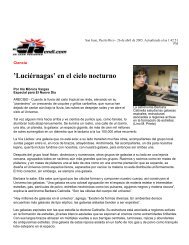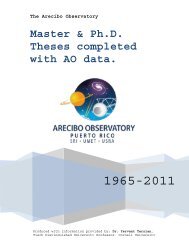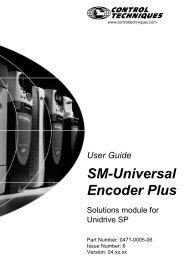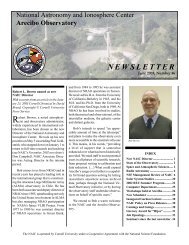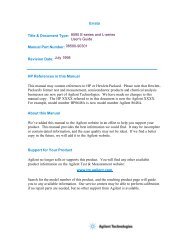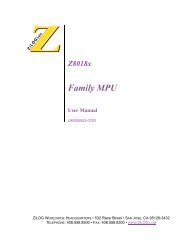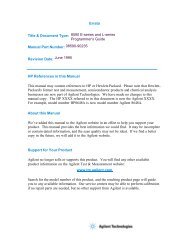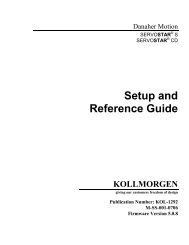Create successful ePaper yourself
Turn your PDF publications into a flip-book with our unique Google optimized e-Paper software.
• char getchar( void )<br />
This <strong>function</strong> waits (in an idle loop) for a character to be typed from<br />
the STDIO window in <strong>Dynamic</strong> C. Make sure only one process calls<br />
this <strong>function</strong> at a time.<br />
• int puts( char *s )<br />
This <strong>function</strong> writes the string, identified by pointer s, in the STDIO<br />
window in <strong>Dynamic</strong> C. The STDIO window will interpret any escape<br />
code sequences contained in the string. Make sure only one process<br />
calls this <strong>function</strong> at a time. The <strong>function</strong> returns 1 if successful.<br />
• void putchar( int ch )<br />
Writes a single character (the lower 8 bits of ch) to STDIO. Make sure<br />
only one process calls this <strong>function</strong> at a time.<br />
• int sprintf( char *buffer, char *format, ... )<br />
An analog of standard <strong>function</strong> printf, this <strong>function</strong> takes a “format”<br />
string (*format), and a variable number of value arguments to be<br />
formatted. It formats the arguments, places the formatted string in<br />
*buffer and returns the formatted string length. Make sure that:<br />
1. There are enough arguments after format to fill in the format<br />
parameters in the format string.<br />
2. The types of arguments after format match the format fields in<br />
format.<br />
3. buffer is large enough to hold the longest possible formatted<br />
string.<br />
For example,<br />
sprintf( buffer, ”%s=%x”, ”Variable x”, 256 )<br />
should put the string “Variable x=100” into buffer. This <strong>function</strong> is<br />
reentrant and can be called by processes of different priorities.<br />
The printf <strong>function</strong> is not reentrant. The doprnt <strong>function</strong> implements<br />
printf and sprintf using the character output <strong>function</strong>s<br />
__qen and __qe, respectively. These <strong>function</strong>s accept format strings<br />
and a variable number of parameters whose values are to be printed<br />
according to the format, for example,<br />
printf( “Summary for %s:\n”, person );<br />
printf( “ Age: %d, Income: $%8.2f”, age, income );<br />
The first statement prints a character string. The %s in the format tells<br />
the <strong>function</strong> where and how to print the character string.<br />
The second statement prints two numbers, an integer age and a float<br />
income. The %d in the format tells the <strong>function</strong> where and how to print<br />
the integer: as a decimal string, free-formatted.<br />
24 s General Support Libraries<br />
<strong>Dynamic</strong> C 32 v. 6.x


